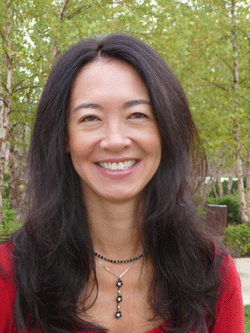 |
|
| Janet Twyman, PhD |
An expert in instructional design at the Eunice Kennedy Shriver Center is working to improve education in public schools by helping make it possible for all students to learn at their own pace.
Education in kindergarten through Grade 12 traditionally has been centered on units of time, such as a year per grade level, or teaching a subject such as algebra for an entire school year. Under competency-based learning, students work toward becoming proficient in a subject, regardless of the time, method or pace needed to learn, said Janet S. Twyman, PhD, associate professor of pediatrics and a researcher at the Shriver Center, a unit within UMass Medical School’s Commonwealth Medicine division.
Dr. Twyman is leading learning reform as director of innovation and technology for the Center on Innovations in Learning (CIL), which is based at Temple University College of Education.
“It’s really refocused how we look at education, and how we get to ‘all kids learning’ is based on what individual kids need,” said Twyman, an expert in the field of innovative instructional practices for students with and without disabilities. Through competency-based education, for example, the amount of time a subject is taught varies, depending on the student’s learning needs. Some students demonstrate new knowledge or skills in just a few weeks or months, where others may need more time. The important aspect is to give each learner both the right support and level of challenge that he or she needs, so that all students meet their learning goals.
While mastery learning for individual learners is a recognized strategy, competency-based education as a policy and model schoolwide is just being tested, according to Twyman, who has worked in special education and early childhood education.
CIL is part of the U.S. Department of Education’s Comprehensive Center Network, which was formed to help state education agencies work with districts and schools to meet student achievement goals. CIL is one of seven national content centers funded by the U.S. Department of Education to work with 15 regional comprehensive centers and state agencies in implementing innovations in learning.